
GIVE THIS RAMADAN
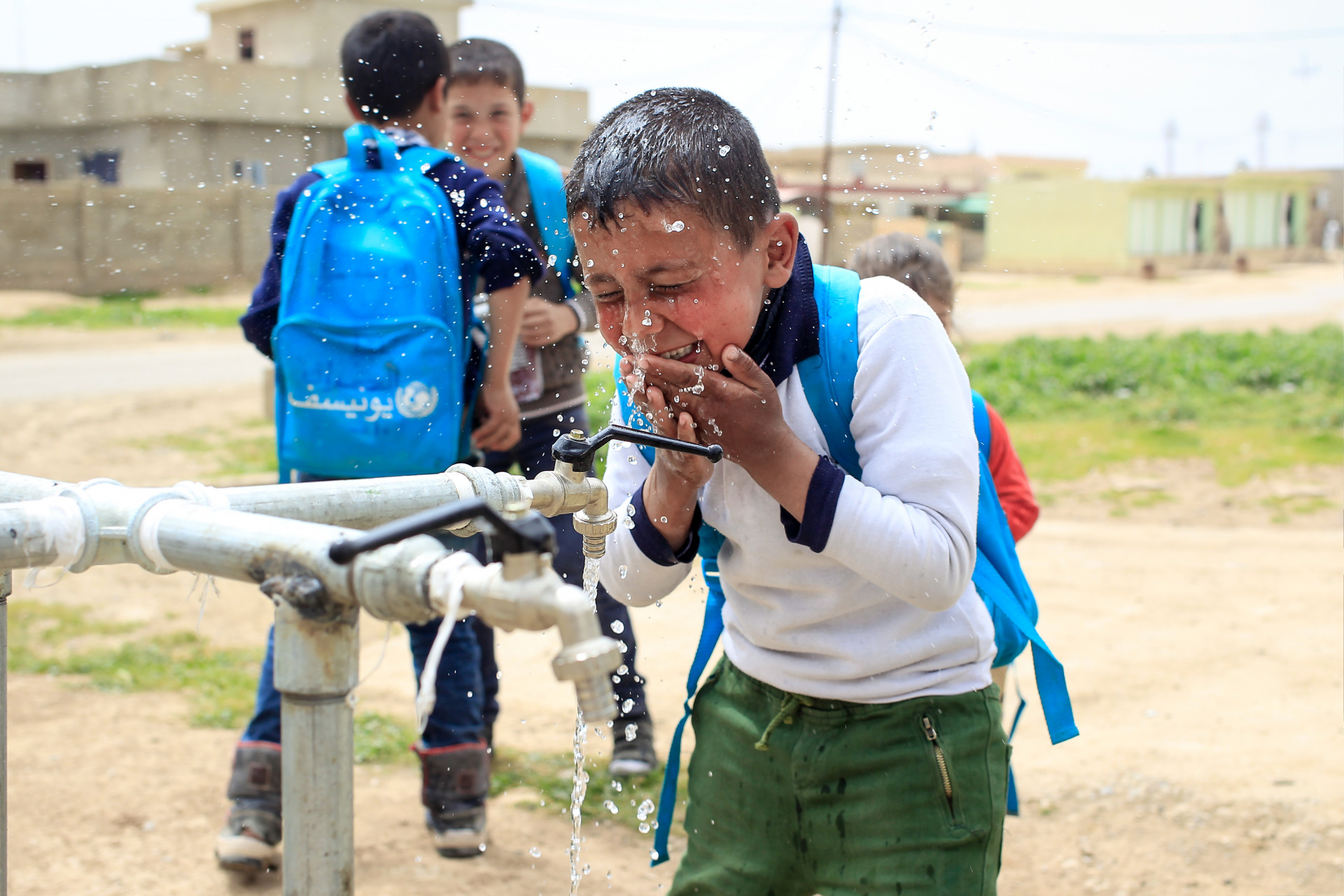
Improved access to clean water brings a lot more than H20 to vulnerable communities.
On World Water Day, we celebrate progress in improving access to clean water everywhere: between 1990 and 2015, 2.3 billion people gained a better, safer source of water. At the same time, we spotlight the challenges that remain:
Conflict and climate change contribute to the scarcity of clean water in many parts of the world. Droughts are becoming more frequent and severe. Flooding destroys and contaminates water sources. War and insecurity make it more difficult for farmers to get to their fields and for food to reach markets.
Ensuring access to clean water, safe sanitation, and good hygiene goes hand-in-hand with our efforts to improve health and nutrition. Action Against Hunger does this work in three primary ways:
With clean water comes health for children, resilience for communities, opportunities for women, and hope for all. Today, we bring you four stories of how clean water is changing lives.
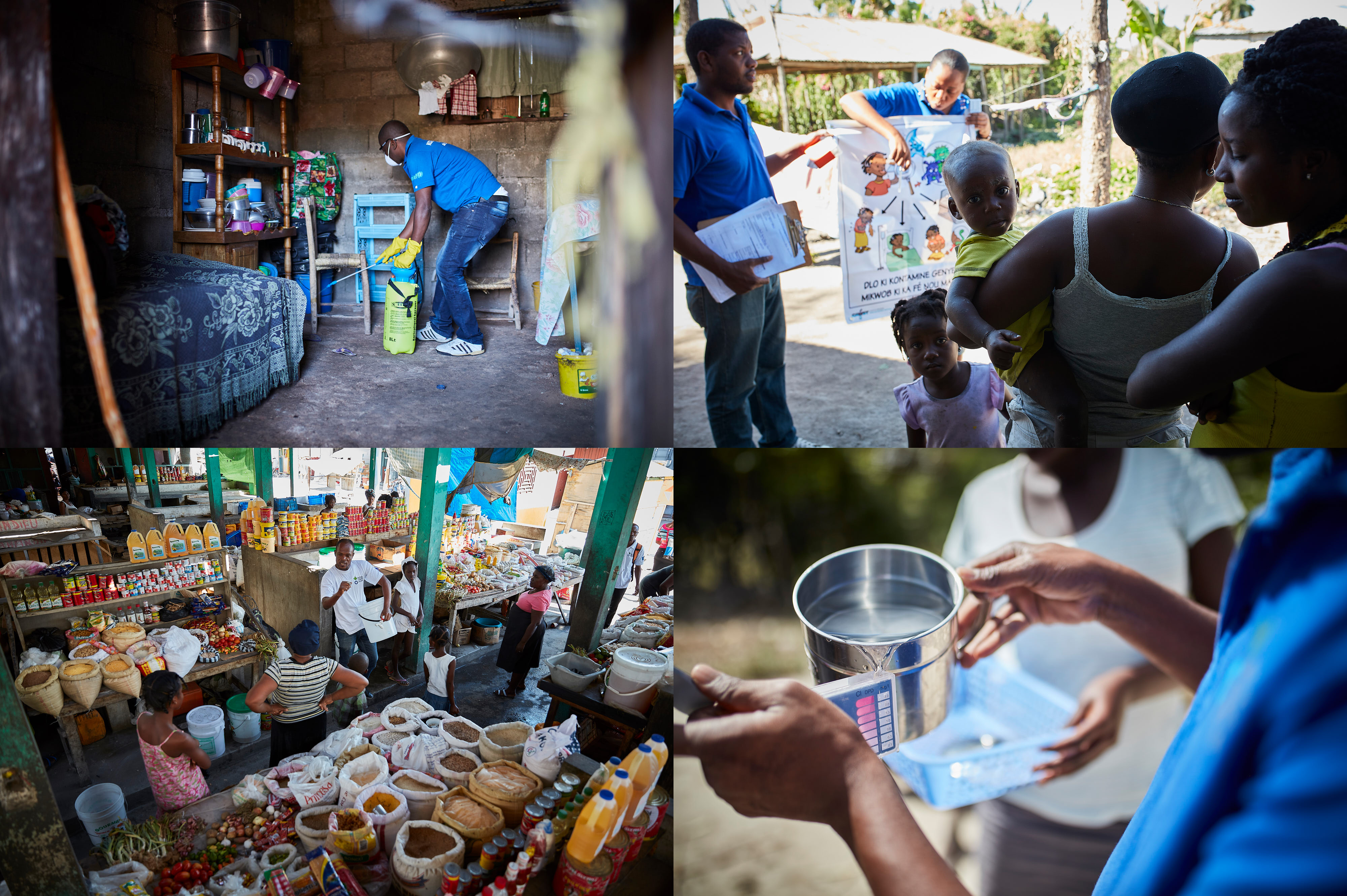
Following the devastating earthquake in 2010, Haiti experienced a severe cholera epidemic that took thousands of lives. Together with local authorities, partners, and communities, Action Against Hunger helped to decontaminate water sources, improve sanitation, promote good hygiene, and stop the spread of this deadly waterborne disease. Those efforts have finally paid off: as of March 2022, it has been more than three years since the last confirmed case of cholera in Haiti.
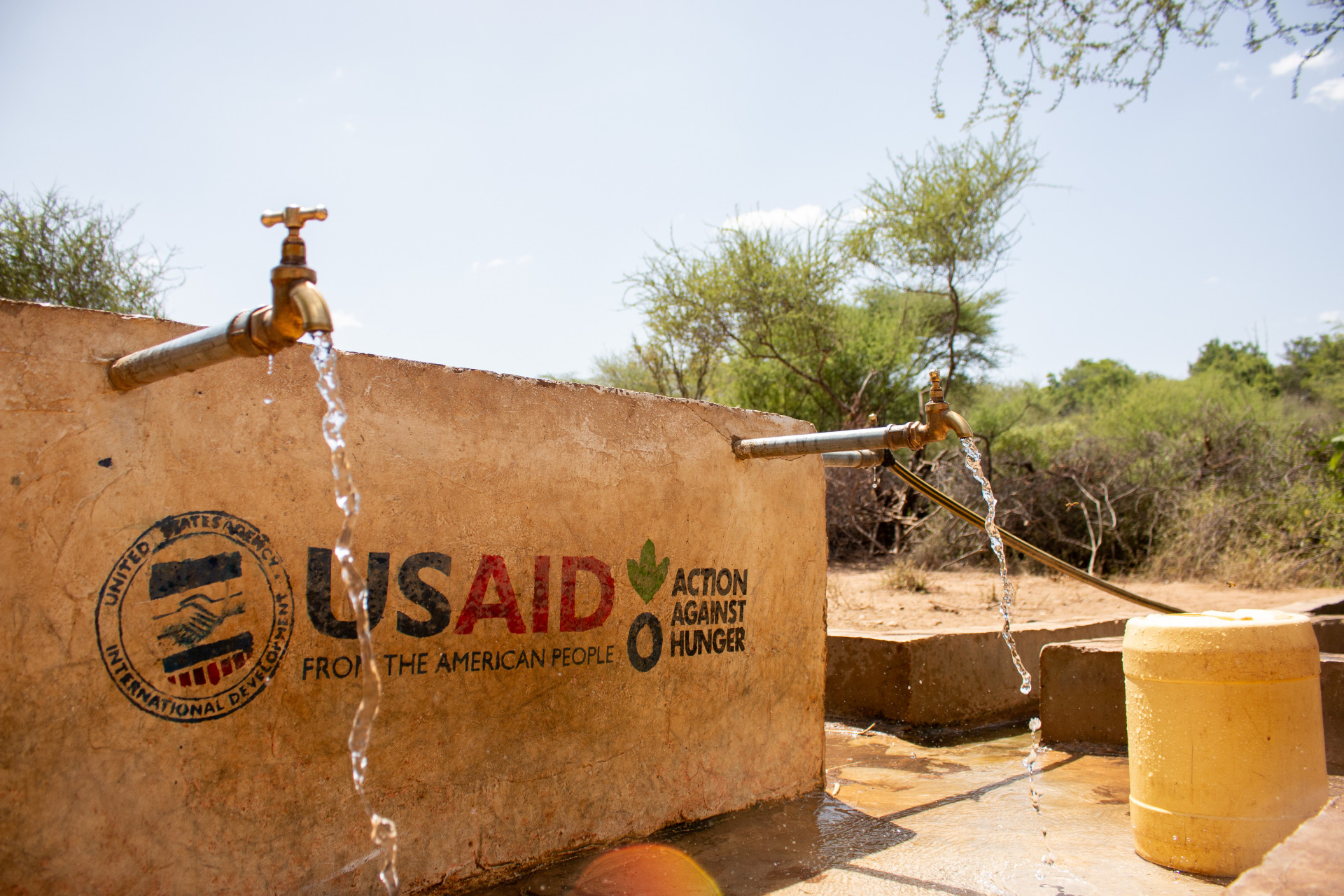
In many of the communities where Action Against Hunger works, our teams are helping to upgrade older, traditional wells to harness sunlight and power steadier access to clean water. Using solar energy has helped communities like Chesoyow – located in a semiarid region of Kenya – to save time and money. It’s also allowed the village to connect the local school to the water network, which has improved attendance.
“Water is life,” says Regina, who was elected by her neighbors to serve as the chair of Chesoyow’s water management committee. She has seen people come together to take responsibility and care for their shared resource.
Learn how clean water is helping Regina and the wider community in Chesoyow >>
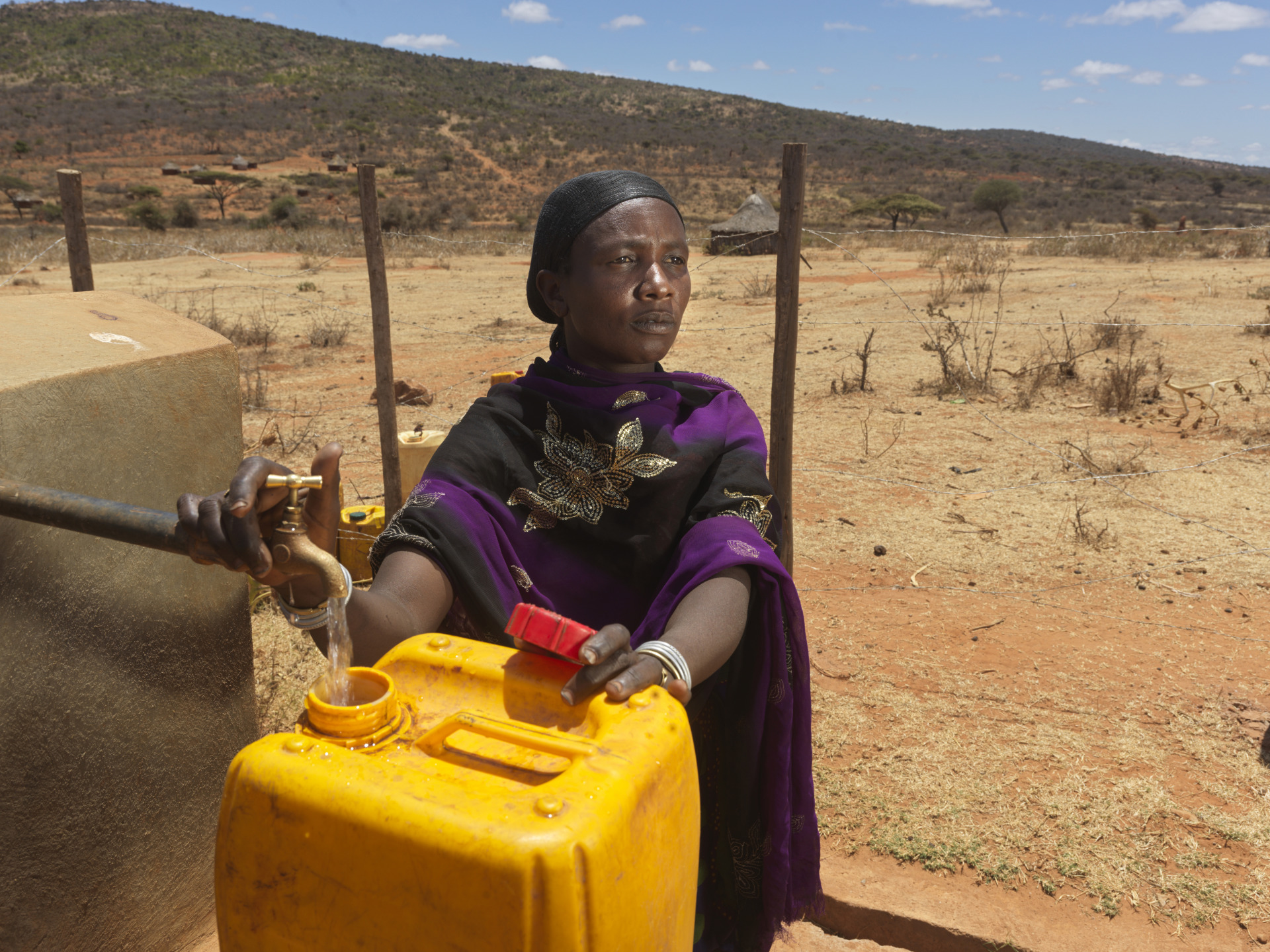
Around the world, women and girls are responsible for fetching water in 80 percent of households. Drought and water scarcity exacerbate the hardships involved in these duties. For many women in the Horn of Africa – a region facing a severe drought – the journey for water takes hours.
Loko, a single mother of five children, used to walk, all on her own for 12 hours each day. When she finally returned home, she had to ration her one jerrycan of water for herself and her five children to cook, wash, bathe, and drink.
Action Against Hunger stepped in to help Loko’s village by installing a new water point and large reservoir. “Our suffering has been completely reduced,” says Loko. Now, she has more time to care for her family, play with her children, and earn an income.
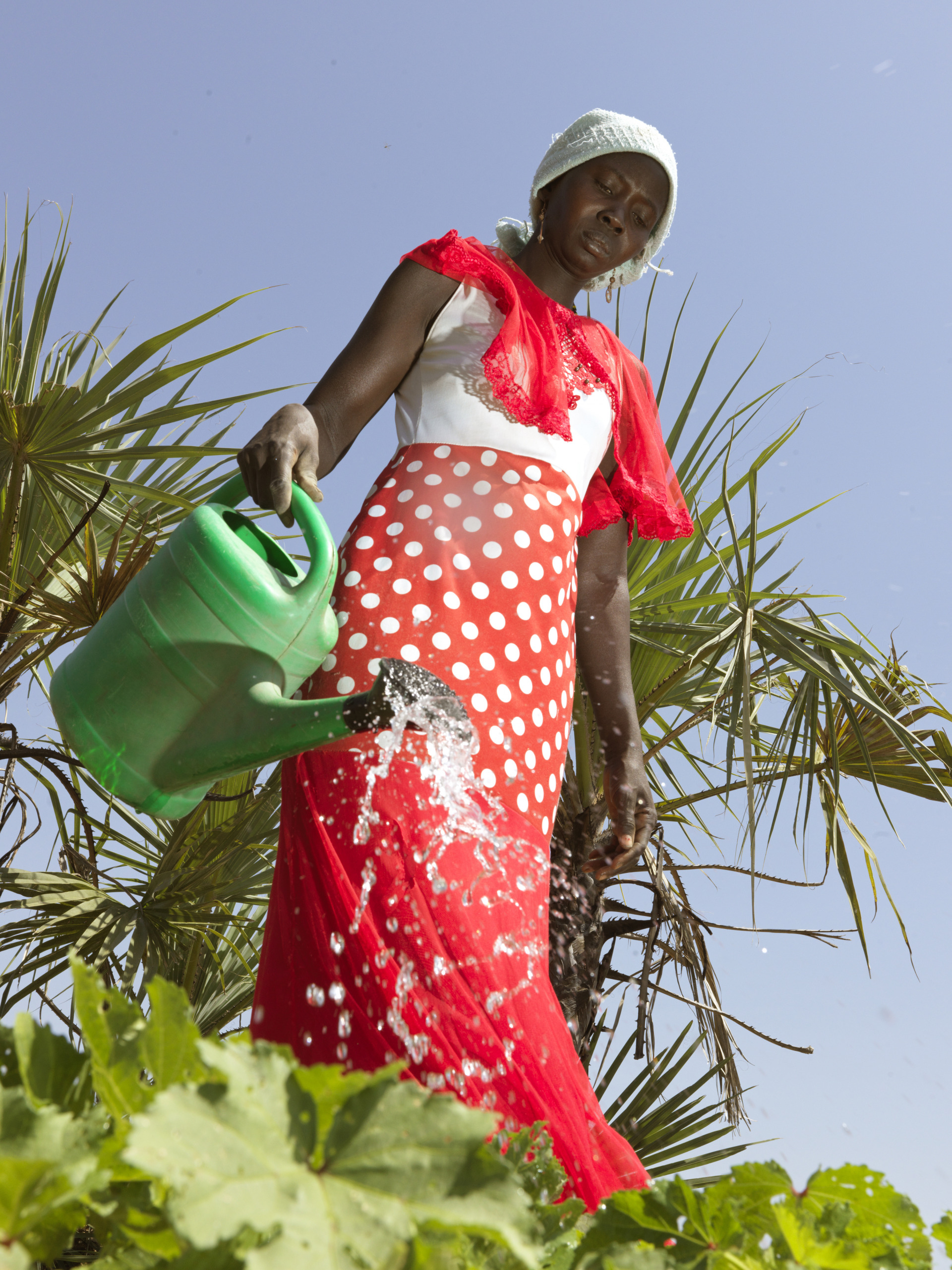
After her child fell sick with malnutrition, Adhele was determined to make sure it did not happen again. With Action Against Hunger’s support, this mother, farmer, and community leader in northwestern South Sudan is planting new crops to help keep her family healthy and well-fed – and she has clean water close by to ensure that her garden continues to flourish.
Adhele also built a latrine at her home with her husband, and she was elected to serve on her community’s water committee. In this leadership position, she has found new confidence and is inspiring her village to rethink traditional gender roles.
“Some people from the community come to me and thank me for the work I do. Others praise me because they think I’m doing a service to the community,” says Adhele. “It is very good to be part of the water committee, because we have to do many things to show the community that women are confident and capable.”
Join our community of supporters passionate about ending world hunger.